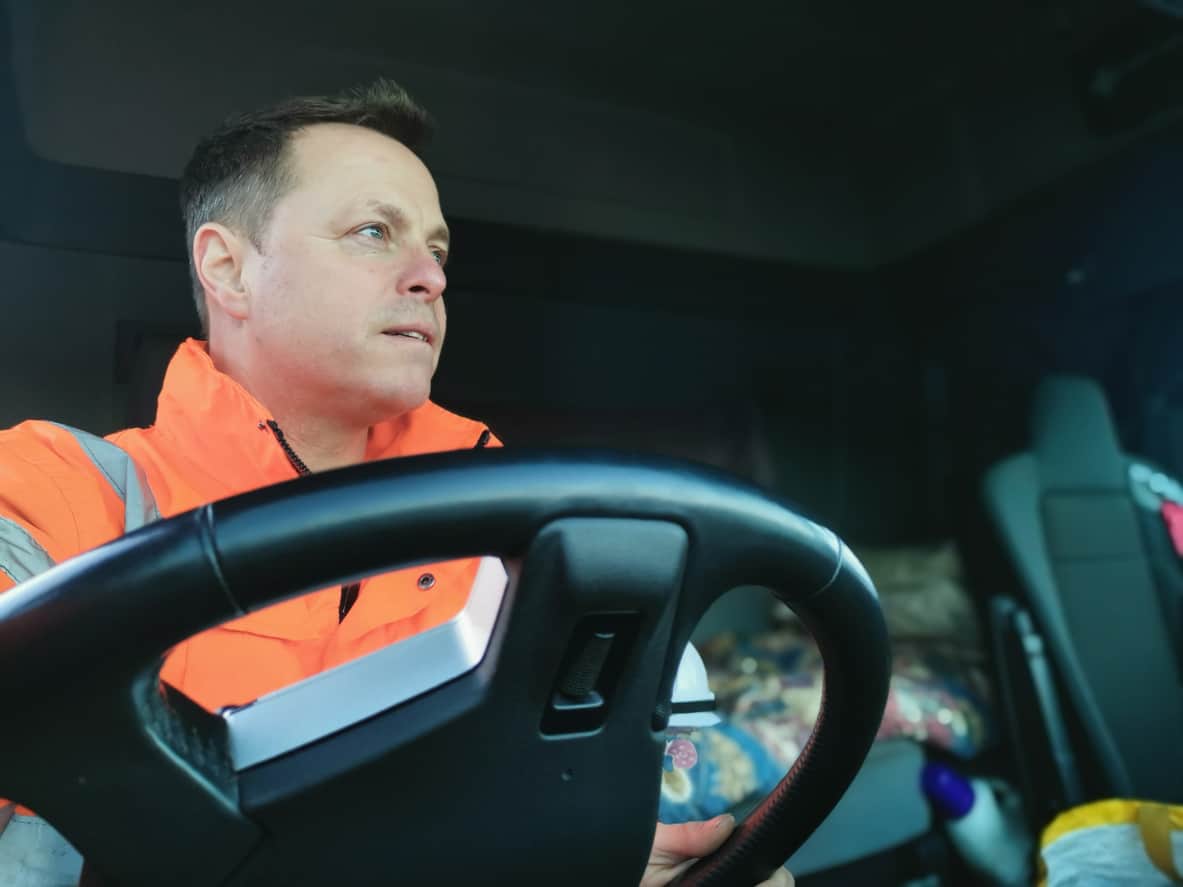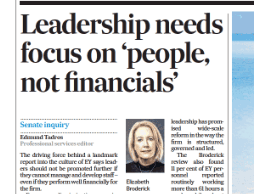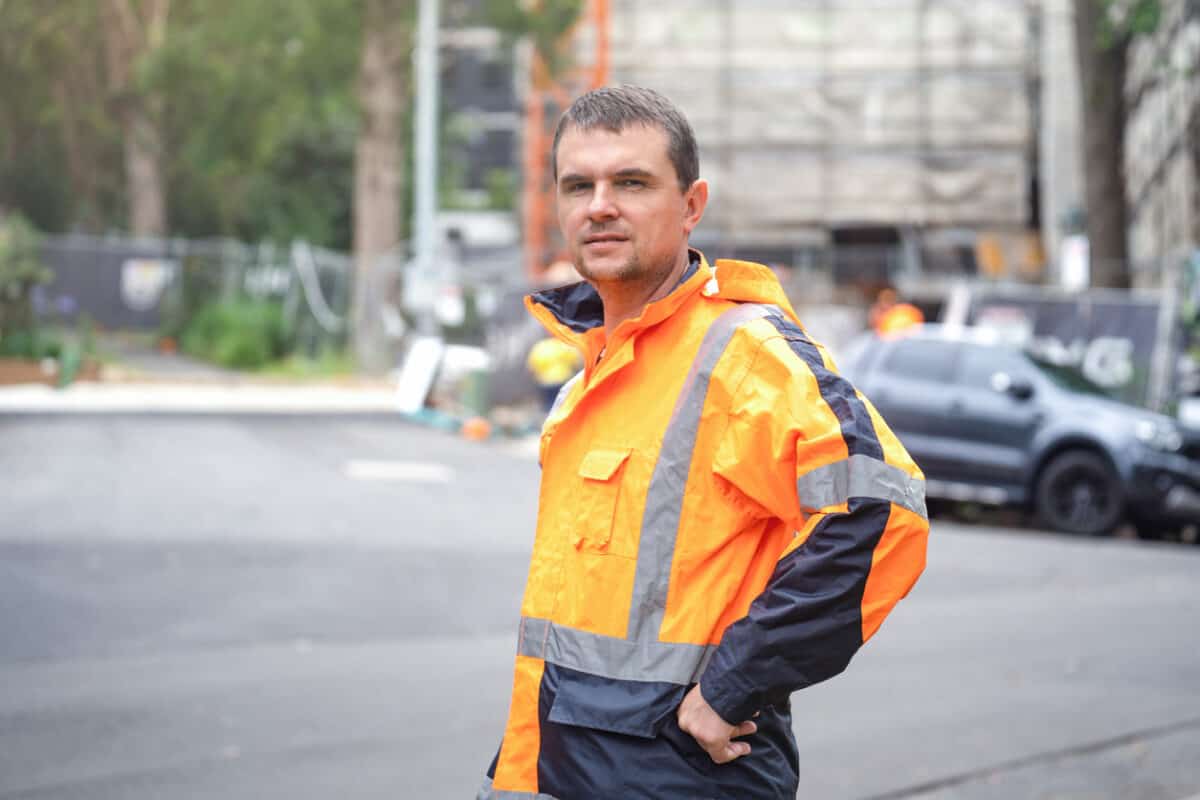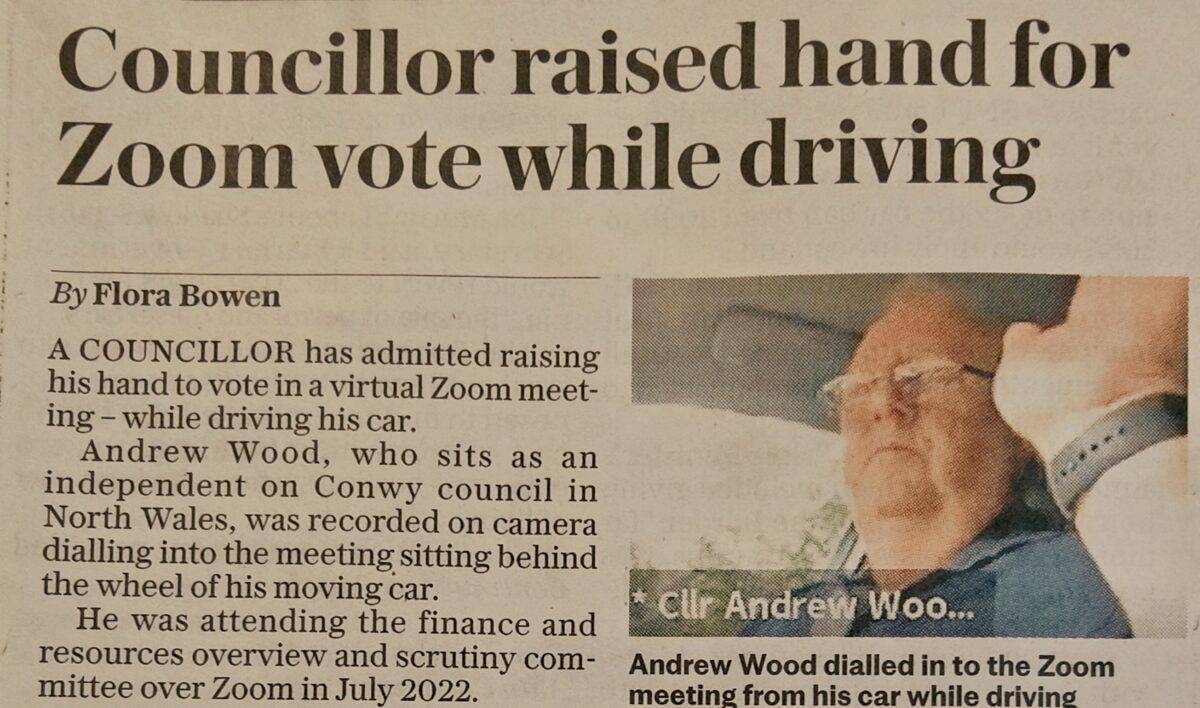In November 2023, Australia’s National Heavy Vehicle Regulator released a “case learning” about a successful prosecution and sentence that the NHVR described as
“One of the most serious examples of a breach under the HVNL [Heavy Vehicle National Laws]”
The seriousness of the breach is perhaps reflected in the fine of A$2.3 million.
It is a significant case and a prosecution with lessons for managers and employers well outside the transport sector. In fact, the NHVR’s “Key takeaways for executives” could form the basis of a solid and productive business management system.







